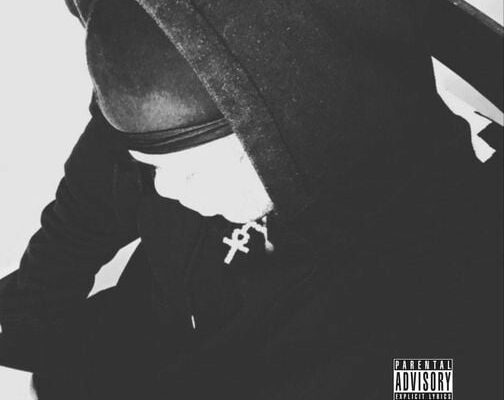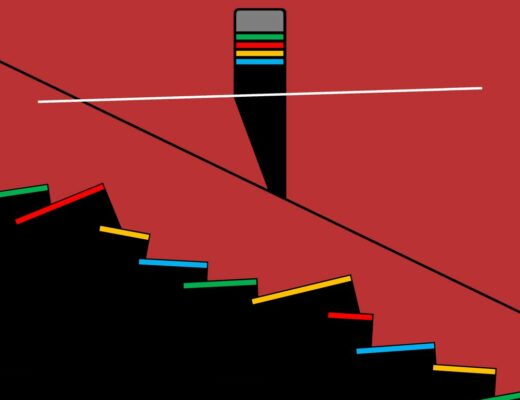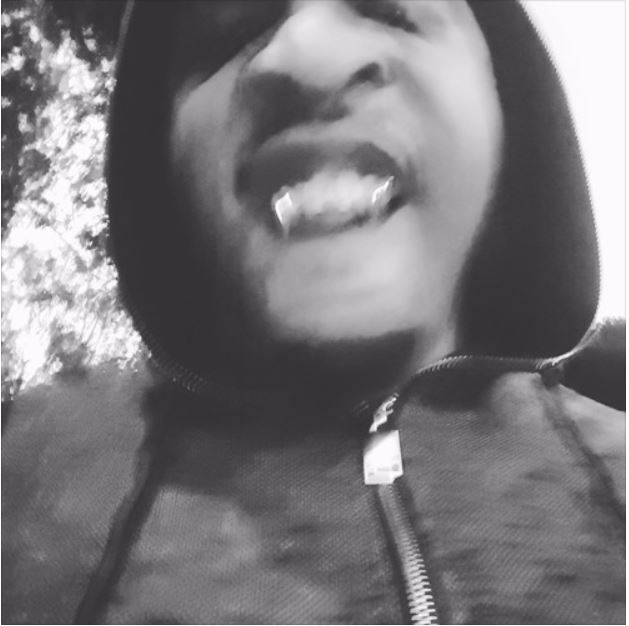Dive into the sonic realm of Lotta St Joan’s latest release, “Once,” as we explore the intricate blend of nostalgic folk vibes and modern pop structures. In this interview, we’ll unravel the self-reflective lyrics and cinematic orchestration behind the song, shedding light on the artist’s unique musical perspective.
Your song ‘Once’ beautifully combines elements of vintage folk and modern pop. How did you conceptualize this distinctive blend, and what inspired the incorporation of Golden Age Hollywood orchestration into the track?
I wrote the song as a pretty classic folk song, just the guitar and voice. But it immediately felt like it was asking for more than a normal folky tune – it was demanding more intricate and lush arrangements. It went through many stages, was recorded many times and once Cameron, my producer, came up with the string arrangements and the trumpet melody, it felt like the song had been served.
The lyrics of ‘Once’ reveal a self-reflective narrative about navigating a destructive lifestyle after a relationship breakdown. Can you share more about the personal experiences or emotions that fuelled the creation of this song?
As all songs it’s a photograph of my inner life at a certain moment in time. I remember sitting in my room on a winter afternoon and the song was written very quickly. One of those ones that feel right instantly with music and lyrics coming together very easily. I wouldn’t be able to add more about what I was feeling at the time, I am hopeful one might understand when listening to the tune.
The horn solo in ‘Once’ takes listeners on a journey reminiscent of 60s Arabian cinema. What led you to include this unique musical element, and how do you feel it enhances the overall emotional impact of the song?
Funny that you ask about the horn solo, it’s actually a trumpet, but it was originally a horn in the compositional phase. Milad Khawam, who plays the part, used a trumpet with an especially deep and full tone, which puts it more into the horn frequencies and just felt very fitting. In the original demo there was a heavily distorted guitar solo there but after we put in the string trio we knew the song needed something else. This part of the song had become this soaring orchestral score and the horn gave it the right blend of solace and euphoria needed to rise above the grandiose backdrop of the rest of the orchestra.
The song has been described as a potential festival closing anthem. How do you envision your audience connecting with the emotional nuances of ‘Once’ in a live setting, and what elements do you believe make it a powerful performance piece?
Whenever I play live, this is one of the songs that the audience wants to talk about after. It has a certain pop appeal and the chorus seems to get stuck in peoples heads. I think the overall sentiment of the song is also very relatable to people – I am happy whenever someone tells me so.
Beyond the music, we’re curious about your journey as an artist. Can you share a pivotal moment or experience that has significantly influenced your career?
What influences my career most significantly are the people around me who support me. Most importantly my producer Cameron James Laing, who runs a recording studio in Berlin called The Famous Gold Watch. It’s home to many folk artists here, not only for recording purposes but also for finding community – a musical home. Right at the start of my career, around four years ago, when I first stepped foot into this place I experienced an abundance of support and passion for my music which has made a huge impact on me. I recorded my second album ‘Song for the Undecided’ with Cameron, which will be released on March 22nd 2024.
Find out more here.




No Comments